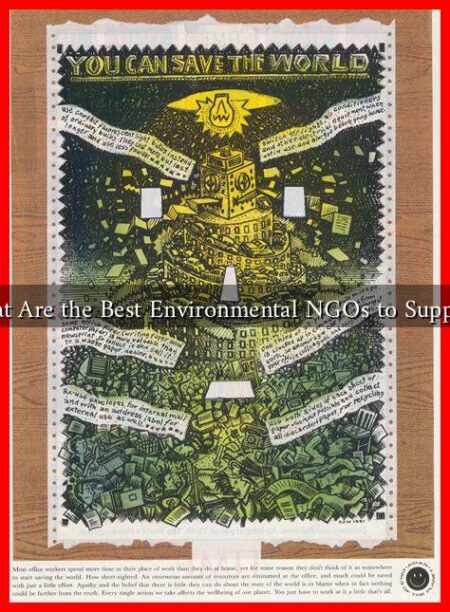-
Table of Contents
How Might Iranian Support for Militant Groups Impact Israel’s Security?
The geopolitical landscape of the Middle East is complex and fraught with tension, particularly concerning the relationship between Iran and Israel. Iran’s support for various militant groups poses significant challenges to Israel’s national security. This article explores the implications of Iranian backing for these groups and how it affects Israel’s security dynamics.
The Nature of Iranian Support
Iran has a long history of supporting militant groups across the Middle East, including Hezbollah in Lebanon, Hamas in Gaza, and various Shiite militias in Iraq and Syria. This support often manifests in the form of:
- Financial Aid: Iran provides substantial funding to these groups, enabling them to maintain operations and expand their capabilities.
- Military Training: Iranian military advisors often train militants, enhancing their combat effectiveness.
- Weapon Supplies: Iran has been known to supply advanced weaponry, including missiles and drones, to its allied groups.
For instance, Hezbollah has received significant military support from Iran, which has transformed it into a formidable force capable of challenging the Israel Defense Forces (IDF). According to a report by the Heritage Foundation, Hezbollah has amassed an arsenal of over 150,000 rockets and missiles, many of which are capable of reaching deep into Israeli territory.
Direct Threats to Israel’s Security
The Iranian support for militant groups translates into direct threats to Israel’s security in several ways:
- Increased Military Capabilities: The transfer of advanced weaponry and technology to groups like Hezbollah and Hamas enhances their ability to conduct attacks against Israel.
- Proxy Warfare: Iran uses these groups as proxies to engage in asymmetric warfare against Israel, allowing Tehran to exert influence while maintaining plausible deniability.
- Regional Destabilization: Iranian-backed groups contribute to regional instability, which can lead to broader conflicts that directly involve Israel.
For example, during the 2006 Lebanon War, Hezbollah’s capabilities, bolstered by Iranian support, allowed it to launch thousands of rockets into northern Israel, resulting in significant civilian casualties and damage.
. This conflict underscored the potential for Iranian-backed groups to inflict harm on Israel.
Strategic Responses by Israel
In response to the threats posed by Iranian support for militant groups, Israel has adopted several strategic measures:
- Preemptive Strikes: Israel has conducted numerous airstrikes against Iranian positions in Syria to prevent the transfer of weapons to Hezbollah.
- Intelligence Operations: Israel invests heavily in intelligence-gathering to monitor Iranian activities and thwart potential attacks.
- Diplomatic Alliances: Israel has sought to strengthen ties with regional allies, such as the United States and Gulf states, to counter Iranian influence.
These strategies reflect Israel’s commitment to maintaining its security in the face of evolving threats. The normalization of relations with countries like the United Arab Emirates and Bahrain through the Abraham Accords also highlights a collective effort to counter Iranian aggression in the region.
Conclusion: The Ongoing Challenge
The Iranian support for militant groups presents a multifaceted challenge to Israel’s security. As these groups continue to receive financial, military, and logistical support from Tehran, the potential for conflict remains high. Israel’s proactive measures, including military operations and diplomatic efforts, are crucial in mitigating these threats. However, the situation remains fluid, and the international community must remain vigilant in addressing the implications of Iranian influence in the region.
In summary, the interplay between Iranian support for militant groups and Israel’s security is a critical issue that requires ongoing attention and strategic responses. The stakes are high, not only for Israel but for the broader stability of the Middle East.





